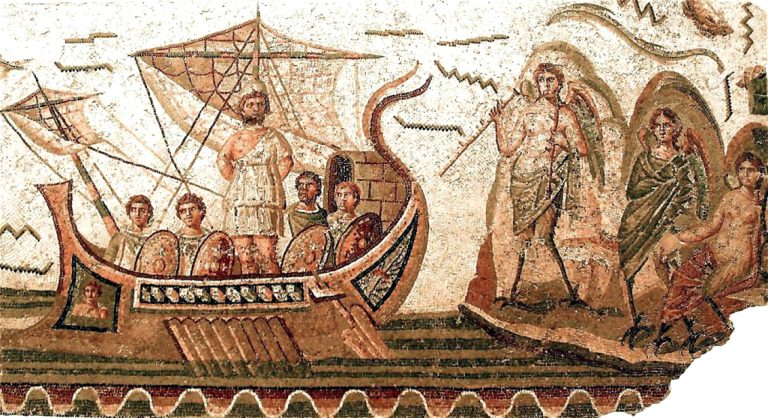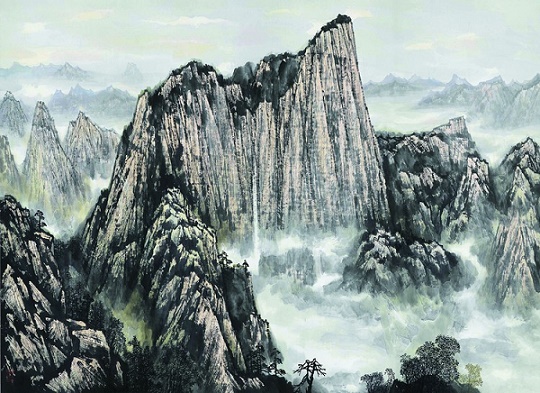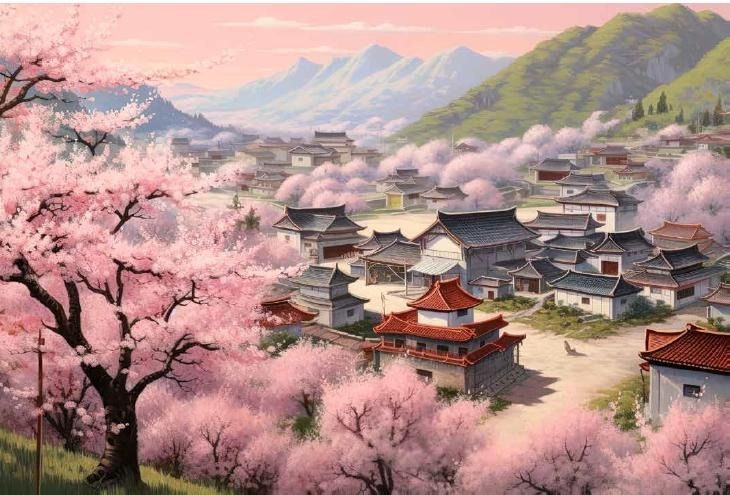Published with permission from LuxuryWeb Magazine
We travel back in time to an era when Olympian gods reigned supreme, and heroic poetry was recited at symposia — the lively eating and drinking gatherings hosted by affluent individuals to entertain important male friends with music, mimes, acrobats, dancing, and philosophical discussions. In ancient Greek, the word “symposium” literally means “drinking together.”
Homer, the ancient storyteller, has left a legacy that continues to captivate readers across the globe. His verses, preserved both in the original Homeric Greek (a precursor of Attic Greek) and through translations, have become part of humanity’s shared cultural heritage. The two major epic poems attributed to him, “The Iliad and The Odyssey,” remain literary masterpieces.
A cursed love
“The Iliad” focuses on the war between a coalition of Greek city-states and the city of Troy, a major Bronze Age mercantile hub on the coast of Asia Minor. According to legend, Troy’s prince, Paris, while visiting Sparta, seduced (or abducted) the beautiful Helen, wife of Menelaus, the Spartan king, and took her back to Troy.
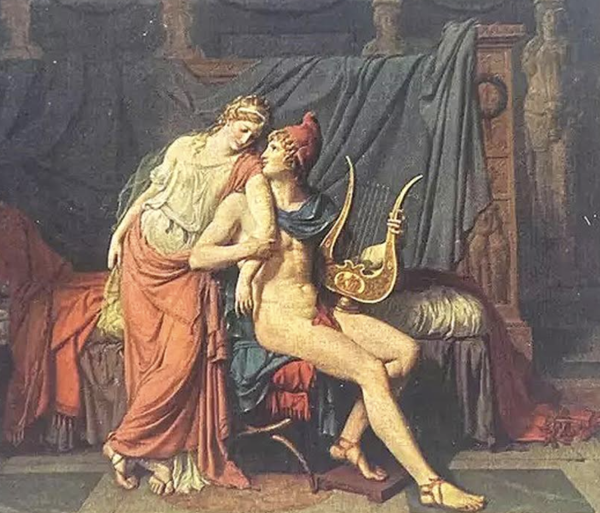
Helen, often regarded as the most beautiful mortal woman, was promised to Paris by the goddess Aphrodite — on the condition that Paris declared her the fairest of the goddesses.
Success
You are now signed up for our newsletter
Success
Check your email to complete sign up
Unfortunately, Aphrodite “failed” to mention that the beautiful Helen was already married to the Spartan king, and her “abduction” was the catalyst for Greek city and states allied with Sparta to invade and destroy Troy. This sparked one of the most famous conflicts in Greek mythology.
During the city’s siege, gods, demigods, heroes, and mortals alike fight on both sides for honor, revenge, power, and the wealth that would come from plundering a major trade center.
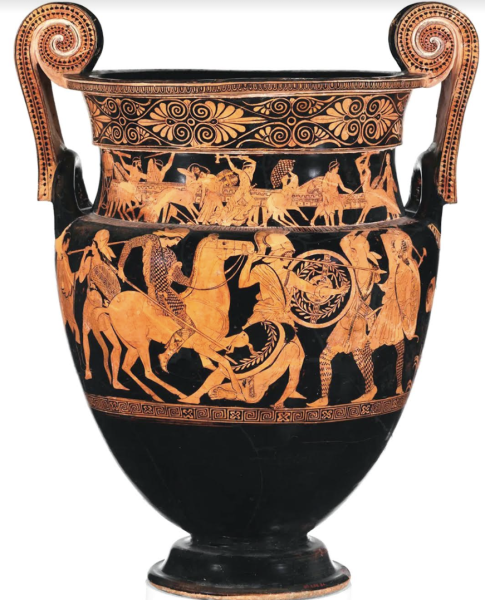
Epic adventures
On the other hand, “The Odyssey” is a captivating epic of adventure, centering on the Greek hero Odysseus (known as Ulysses in Roman mythology) and his arduous journey home to the island of Ithaca after the fall of Troy.
ἄνδρα μοι ἔννεπε, μοῦσα, πολύτροπον, ὃς μάλα πολλὰ πλάγχθη, ἐπεὶ Τροίης ἱερὸν πτολίεθρον ἔπερσεν
Translation: “Tell me, oh muse, about the cunning man who suffered much, after he conquered the holy stronghold of Troy.” (“The Odyssey,” Book 1, introductory fragment of stanza 1)
Odysseus, celebrated for his intellectual brilliance and cunning, faces a 10-year journey filled with danger and temptation as he tries to return to his homeland. His story is one of heroism, craftiness, love, friendship, resilience, and vengeance. The tale also features encounters with alluring mythical creatures and fearsome monsters, inspiring humanity for over 3,000 years.
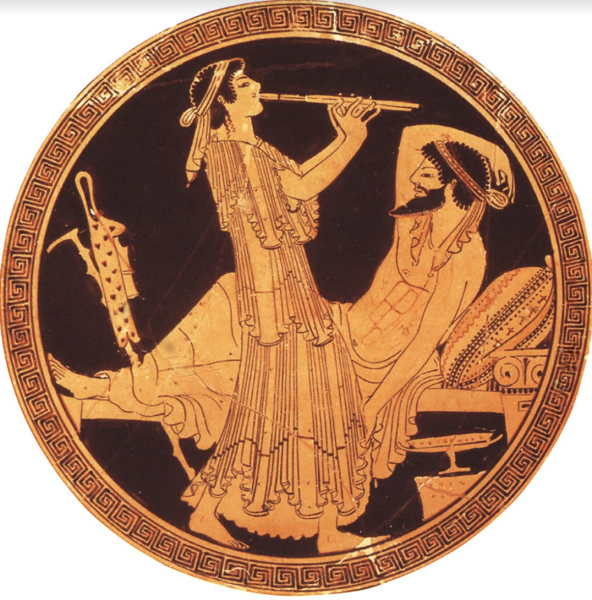
Ancient bards would recite these long epic poems during symposia, and the stories would go on to inspire countless works of art, including paintings, sculptures, mosaics, and more.
Having angered Poseidon, the god of the sea, early in his travels, Odysseus is forced to journey from the Dardanelles coast of Turkey to Lazio on Italy’s southern coast. His home island of Ithaca remains elusive, as Poseidon’s wrath forces him to roam the seas. Today, Lazio Tourism refers to a stretch of coast as “Terre di Ulisse” to draw visitors to the region from Latina to the boundary between Lazio and Campania.
RELATED: Celebrating Robert Burns: A Night of Tradition, Scrumptious Eats, and Poetry
Though Ulysses’ kingdom was the island of Ithaca in the Adriatic, his adventures took him across the Mediterranean. He finally returns home after years of wandering, reuniting with his loyal wife Penelope, who had cunningly warded off countless suitors trying to claim her hand in marriage and his throne. When Ulysses finally arrives, he and his son Telemachus, along with a few trusted servants, eliminate all the suitors in a final act of vengeance.
Archaeologists have long sought the true location of Odysseus’ palace. Recent excavations on the Ionian Islands, particularly the western peninsula of Cephalonia Island, suggest that this could be Homer’s Ithaca, rather than the modern island of Ithaki.
Why have these tales endured for so long and inspired such affection? The timeless themes of heroism, adventure, love, and the human condition resonate across the ages, securing their place in the annals of world literature.
Visit LuxuryWeb.com to see the original article, and more.



